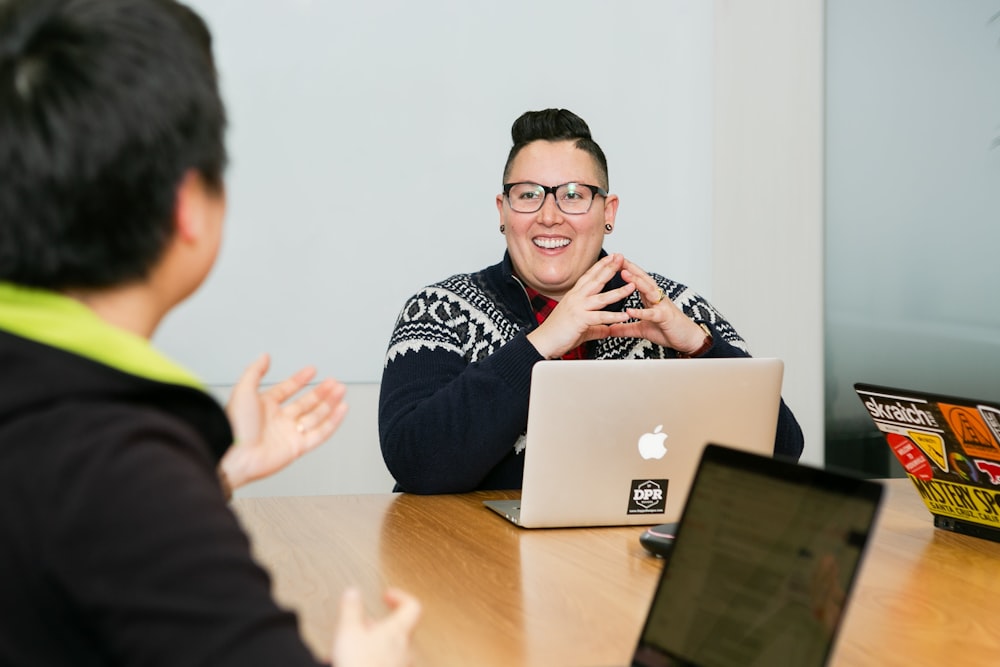
8 Tips to Career Change Advice 2023

Tips to Career Change Advice, There are no rules about how old you have to be before you can start a new job. But the thought of leaving a well-established job, even if it’s not what you want, can stop most people from doing more to change things.
So many of us work and wait for things to get better at jobs that are already good enough. Until all of a sudden it doesn’t seem good enough, and you can’t help but wonder if there’s something better out there.
What if you really thought about making that change you’ve been dreaming about? Many people have been where you are and felt the same way you do. But they got through everything and never looked back. We asked a few of these people to tell us what they thought was the best way to change careers. Keep reading and get ready to feel strong.
Advice you shouldn’t ignore if you want to change careers.
8 Tips to Career Change Advice 2023
1. Be clear about what you want from a new job
People often start to think about changing industries when they want to change jobs. You might find that you love working in healthcare or that you want to be part of the fast-paced and exciting technology industry. You may have realized that you’d rather work in a business setting or that you want to help people in your community.
But try to be specific about which “goal” roles you want and understand what it means to start over in what is (most likely) going to be an entry-level role on your way there. Amy Ites is a senior career services advisor at Rasmussen University. She says that when students start working in their field, they are often shocked by the real jobs they have to do.
Ites says, “They saw themselves going into a job for which they were not yet qualified.” He advises everyone to look at entry-level jobs first and read the job postings carefully to set goals and make a plan.
Ites says that paying attention to job openings in the field you want to work in can also help you figure out what salary ranges and opportunities for advancement you want. If you decide to switch jobs, this preparation will set you up to be much more successful if you do.
2. Your age is only a number
Dr. Nancy Irwin, a clinical psychologist and author, says, “It’s never too late to try out a new job.” Irwin switched from stand-up comedy to psychology when he was 44 years old. He did this after he volunteered at a shelter for teens who had been sexually abused. “It brought out the healer in me and made me want to go back to school,” she says.
When people asked her how old she would be when she started her new job, Irwin said, “The same age I’ll be if I don’t!” She tells people who are thinking about changing careers to ignore the doubters who will always be there.
“They are based on fear. Be love-centered and heart-centered, Irwin urges. She also says that your age can be a plus in some fields, like psychology.
3. Be open-minded
The U.S. Bureau of Labor Statistics says that, on average, people change jobs about every four years.
1 The labor force is always changing, just like the people who make it up. As you look at new career options, it’s important to keep in mind that what you want may change.
A career consultant, Colleen Paulson, says, “Remember that it can be hard to switch roles and industries at the same time.” “Try to keep an open mind about what you want to do after school when you start. You may change your mind after a few classes.” Paulson says that during this time, you should use any resources you have access to, such as your own support system, an admissions counselor, a career advisor, teachers, or someone who works in your field of interest.
Know that this is a process and that you will learn things as you go. Ites says, “Do a little bit of research at a time, and if you find yourself not interested in a certain career path, keep researching.” “At the end of the day, we need to like what we do for work and the environment in which we do it, or we may end up changing jobs again!”
4. Do your homework
Just because you’re making a big change doesn’t mean you have to act recklessly. Tom Casano, who started Life Coach Spotter, says that you should do a lot of research before starting a new job. Doing some research can teach you a lot. Do you need to go back to school or get a different degree, license, or experience? Casano’s experience switching careers taught him to try out any big career change before diving in headfirst.
“Follow someone to work, go to where they work, and see how you like it. “Try to get a job as an intern for a few weeks,” he says. Even if you can’t spend a lot of time researching your future career while you’re still working, Casano thinks it’s worth it to get a feel for it on the ground. Since you spend so much time at work, why not make sure you like it?
“Both times I changed careers, it was because I didn’t like where I was at, and it was making me miserable,” Casano says. “I’m very glad that I switched jobs.”
5. Develop a skills-based resume
When you want to change careers, it can be hard to show potential employers that you have the skills they’re looking for. Vern May is now the economic development manager for the city of Wetaskiwin in Alberta, Canada. He used to be a professional wrestler under the name Vance Nevada, but an injury forced him to find a new job. His wrestling background was so different from the job he applied for that employers couldn’t figure out how it fit.
May says, “I applied for more than 40 jobs and didn’t get a single interview until I changed my resume to focus on my skills instead of my work history.” He realized that the best way to market himself as a professional was to highlight the marketing, writing, and office management skills he had built up over time while working many different jobs. He got a job in economic development just three weeks after he changed up his resume.
Even though you probably haven’t worked as a professional wrestler before, there are probably skills you’ve learned at your current job that you can talk about. Paulson says, “The most important thing I can tell you is to think about what skills you can use from your past jobs in your new job.” “It’s hard to switch jobs and industries, so think about what skills you already have that you can use with your education to move into new opportunities.”
6. Come up with a detailed plan
Make a plan for how you will change your job. “I made a list of all the needs and goals on a spreadsheet. “Then I broke the tasks down into small, manageable steps,” says Dr. Gregory Cumberford about his move from electrical engineering to dentistry.
Start with your big-picture goals and break them down piece by piece until you have a step-by-step plan to reach them. This helps you stop seeing it as a big problem and start seeing it as a series of steps.
Cumberford thinks that careful planning, hard work, and believing in yourself are the most important things to do to reach your goal. After hearing people try to stop him from changing jobs, he decided to change the way he talked. “I stopped saying, ‘I’m trying to get into dental school. I told people, “I’m going to dental school.'”
7. Take a job as an intern, volunteer, or join a group
You don’t have to wait until you have a certificate, a degree, or a new job to start building your resume for a new career. Joining relevant groups or doing volunteer work can help you get started in the field of your dream job without the risk of applying for a job.
You might need more schooling or work experience to make you a better fit for the new job. Ites says that the best way to get started in a new field is to volunteer, do an internship, or join a group or association. Ites says, “Students can often get reduced membership fees, and industry groups offer ways to learn, like articles and webinars, as well as ways to network, like chats on their website or on their LinkedIn® site.”
Ites says that if you go back to school, you can try an entry-level job in your new field (if you can) or find ways to volunteer to gain valuable immersion experience. “This will help you think of more questions that you can ask professionals you meet through networking or your core course teachers.”
8. Pay attention to networking
Everyone who is looking for a job has probably heard that the most important thing to do is to build a network. And networking really does have so many benefits that it would be silly not to take it seriously. If you follow the tips above, you can make meaningful connections by volunteering, doing an internship, joining a group, or going to a conference.
If you can’t do that and don’t know anyone in the field you want to get into, Casano says to reach out to people on LinkedIn and ask them about their jobs. It never hurts to ask, and you might learn something useful about your career path or make a useful connection.
Career fairs are also a great way to meet people in the field you want to work in and start a conversation. You can even go to a job fair from home these days!
What’s stopping you?
It might be hard to think of something new to do with your life, but being happy with your job is worth the risk and work. Planning, researching, and setting clear goals can make it much easier to start a new job.
You might be able to start the career you’ve always wanted if you go back to school. It might be busy for a while, but you’ll learn a lot and get hands-on experience that will be worth it.


















